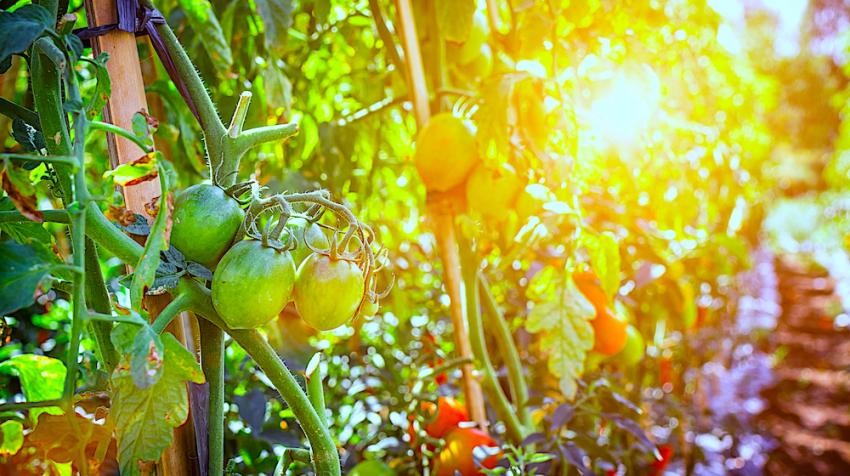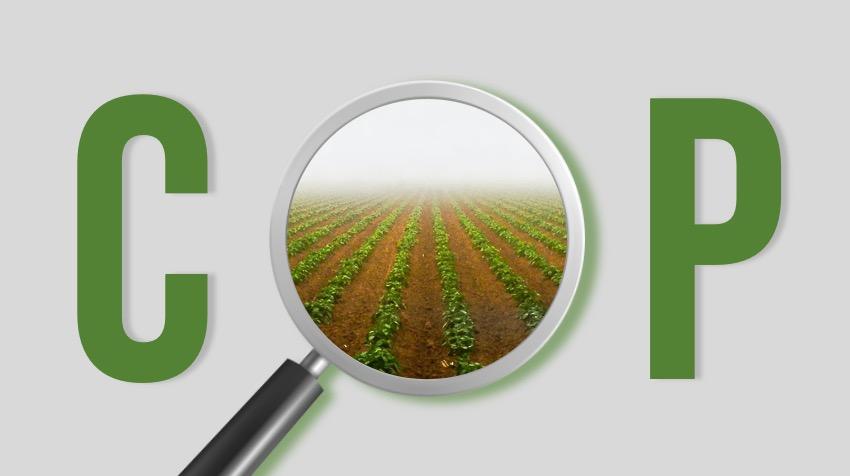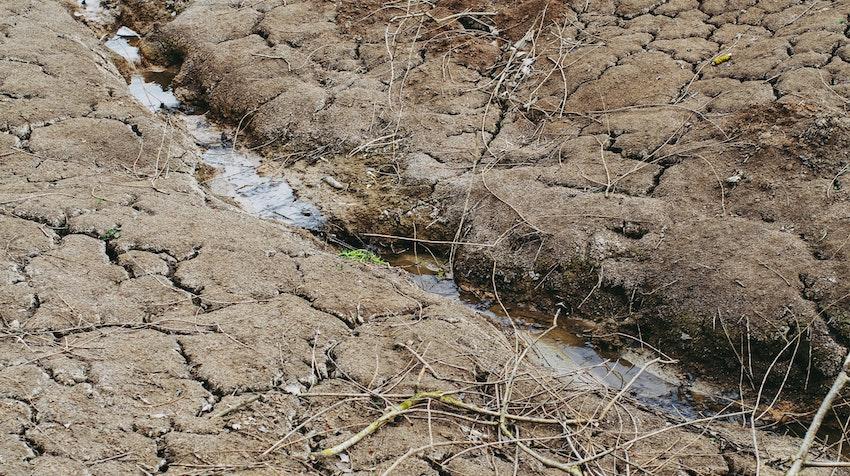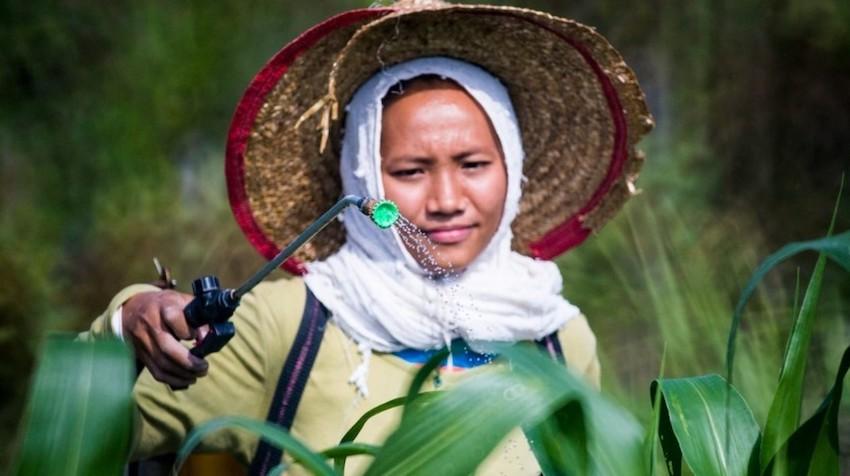Reflecting on 2020 is a sobering reality with a global pandemic, climate-induced wildfires and extreme weather events, racial unrest, and growing hunger and poverty. These have devastated the lives of billions of people and stalled global efforts to advance the 2030 agenda at local, national, and global levels.
Despite the scale and severity of these forces on the world right now, this is not the first time we’ve had to confront these kinds of crises, and the consequent need for concerted and coordinated action. In 1996 Maurice Strong delivered the CGIAR Crawford Memorial Lecture. The question facing the world, then as now, was whether we could produce all of the food required to satisfy the needs and the appetites of the planet. Strong argued affirmatively while recognizing the huge challenges, uncertainties, and vulnerabilities inherent in that task.
He argued: “What seems certain is that in order to meet these needs and to make the transition to sustainable agriculture, will require a radical overhaul of government policies and a degree of cooperation amongst nations, institutions and peoples on a scale without precedent in human experience … This means moving agriculture back into the centre of the international and national agendas and it means confronting this challenge with new policy and management regimes that are systemic in nature, that recognize and are able to deal with the complex, inter-acting relationships in the physical, economic and social domains which will be the only viable pathway to a sustainable future.”
Twenty-four years later and this advice has never been more relevant or urgent. As we look towards the UN Food Systems Summit, two things stand out in Strong’s remarks: systems and cooperation. With respect to systems, one thing is clear - the reductionist, silo- oriented approach that has dominated much of modern food production and thinking is insufficient and continues to have negative unintended consequences. We must advance systemic solutions.
And, as we explore game-changing solutions that are scalable and contextual, we must place equal emphasis on solutions that are holistic “understanding the vast and interacting complex of ecosystems, agricultural lands, pastures, inland fisheries, labor, infrastructure, technology, policies, regulations, institutions, cultures and traditions that are involved in growing, processing, distributing and consuming food.” To do so will require that we also use ground-breaking tools such as TEEBAgriFood in order to bring everyone to the same table, creating a common approach that supports the changes we collectively seek.
As for “cooperation amongst nations, institutions and peoples on a scale without precedent in human experience” - this is still our challenge today. Effective solutions can only come from the confluence of perspectives and an honest effort to understand diverse and often competing views of the future of food. Through the UNFSS we have an opportunity to build trust, create spaces for meaningful dialogue amongst all system actors, and identify solutions that are informed by experience and diverse evidence from member states, the scientific community, grassroots movements, farmers, Indigenous Peoples, civil society organizations, the private sector, financing institutions, and others.
In doing so we must build integrated, participatory, rights-based governance approaches based on democratic principles, transparent deliberations, shared power, and inclusive participation to ensure that solutions are driven not only by evidence but also by ethics and the broader public interest. Accordingly, we must mobilize diverse networks and constituencies to not only champion the case for food systems transformation but to also ensure that all voices are heard and engaged.
2021 presents us with an opportunity for the kind of “radical overhaul” Strong referenced back in 1996. The twin crises of COVID-19 and climate change mean that food systems are centre of international and national agendas like never before. The opportunity for positive transformative change is unprecedented. We must confront this opportunity with bravery and optimism, avoid the risks inherent in simplistic thinking, and deliberately take a whole-systems approach. With a strong role for local institutions and communities and a greater role for smallholder farmers, Indigenous Peoples, and women, together we can achieve the depth and breadth of collaboration required for a sustainable, equitable, and resilient future of food.
About the Author: Ruth Richardson is Executive Director of the Global Alliance for the Future of Food, a strategic alliance of philanthropic foundations working together to transform global food systems. She has been appointed Chair of the UN Food Systems Summit Champions Network. Ruth brings over 25 years of experience in food systems to this role and, of particular relevance to this undertaking, has extensive experience in systems-thinking and starting new and complex things. Previously, Ruth was Director of the Unilever Canada Foundation, Founding Chair of the Canadian Environmental Grantmakers’ Network, Founder and Chair of the Small Change Fund, and the first Environment Director at the Metcalf Foundation. Twitter: @RuthOpenBlue / @futureoffoodorg




